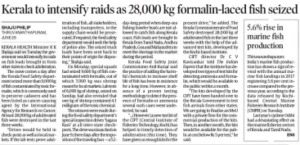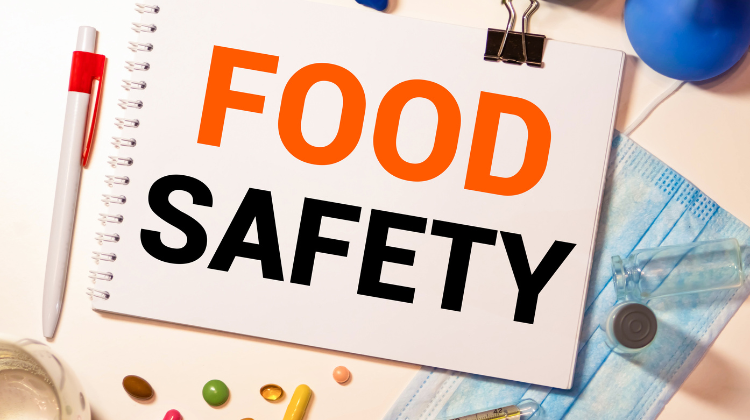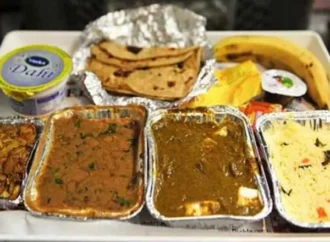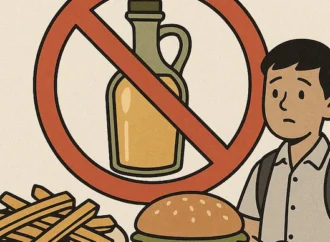Food safety is a critical aspect of the restaurant industry. With a high volume of food preparation and consumption, ensuring the safety and quality of the food served is essential to protecting the health of customers and maintaining the reputation of the restaurant. In this blog post, we will discuss the importance of food safety in restaurants, and share insights from Kerala.
Importance of Food Safety in Restaurants
Food safety in restaurants is crucial for several reasons:
1. Protecting the Health of Customers: Unhygienic practices in food preparation can lead to the spread of foodborne illnesses, which can cause serious health problems for customers. This can lead to negative reviews, legal liabilities, and loss of customers.
2. Meeting Regulatory Requirements: Restaurants are required to follow food safety regulations set by the government to ensure that the food served is safe and of high quality. Failure to comply with these regulations can lead to penalties, fines, and even the closure of the restaurant.
3. Maintaining Reputation: A single incident of food poisoning or contamination can damage the reputation of a restaurant. Consistently following food safety practices can help build trust with customers and maintain a positive reputation.
Insights from Kerala

Kerala is a state in India known for its rich cuisine and food culture. According to data from the Kerala Food Safety Department, there were 1,133 food safety inspections conducted in the state in 2020. Of these inspections, 26% of the establishments were found to be non-compliant with food safety regulations.
The most common violations included:
1. Unhygienic Conditions: 41% of the non-compliant establishments had unhygienic conditions in the kitchen or food preparation areas.
2. Inadequate Storage: 21% of the non-compliant establishments had improper storage conditions, such as food being stored at incorrect temperatures.
3. Use of Expired or Unapproved Products: 16% of the non-compliant establishments were found to be using expired or unapproved products in food preparation.
These violations highlight the importance of maintaining strict food safety practices in restaurants to protect the health of customers and meet regulatory requirements.
Consequences for restaurant owners
There can be significant consequences for restaurant owners who do not follow food regulations and safety guidelines. Some potential consequences include:
1. Legal and financial penalties: Restaurant owners who do not comply with food safety regulations may face fines, lawsuits, or other legal penalties. These penalties can be costly and can negatively impact a restaurant’s reputation and financial health.
2. Foodborne illness outbreaks: Failure to follow food safety regulations can increase the risk of food contamination and foodborne illness outbreaks. These outbreaks can result in serious health consequences for customers and can damage a restaurant’s reputation.
3. Loss of customers: When a restaurant gains a reputation for poor food safety practices, it risks losing customers to competitors. This can lead to decreased revenue and a tarnished reputation, impacting the restaurant’s overall business success.
4. Closure of the restaurant: A restaurant that repeatedly fails to follow food safety regulations may be forced to close. This can be devastating for the restaurant owner and employees and can result in financial losses for all parties involved.
Best Practices for Food Safety in Restaurants
To ensure food safety in restaurants, the following best practices should be followed:
1. Handwashing: Staff should wash their hands frequently and thoroughly to prevent the spread of bacteria and other pathogens.
2. Temperature Control: Preventing bacterial growth and contamination requires storing and preparing food at the correct temperatures.
3. Sanitization: Regularly sanitizing all surfaces and equipment used for food preparation helps prevent the spread of pathogens.
4. Proper Storage: Storing food in suitable containers and maintaining proper temperatures is essential to prevent contamination and spoilage.
5. Training: Making sure that staff receive proper training in food safety practices is crucial. This ensures they understand the significance of maintaining hygiene and handling food safely.
Conclusion
In conclusion, food safety is crucial in the restaurant industry to protect the health of customers, meet regulatory requirements, and maintain a positive reputation. Insights from Kerala highlight the importance of following strict food safety practices to prevent violations and protect the health of customers. By following best practices for food safety, restaurants can ensure the safety and quality of the food served, and build trust with customers.
 Food Manifest
Food Manifest 


















Leave a Comment
Your email address will not be published. Required fields are marked with *